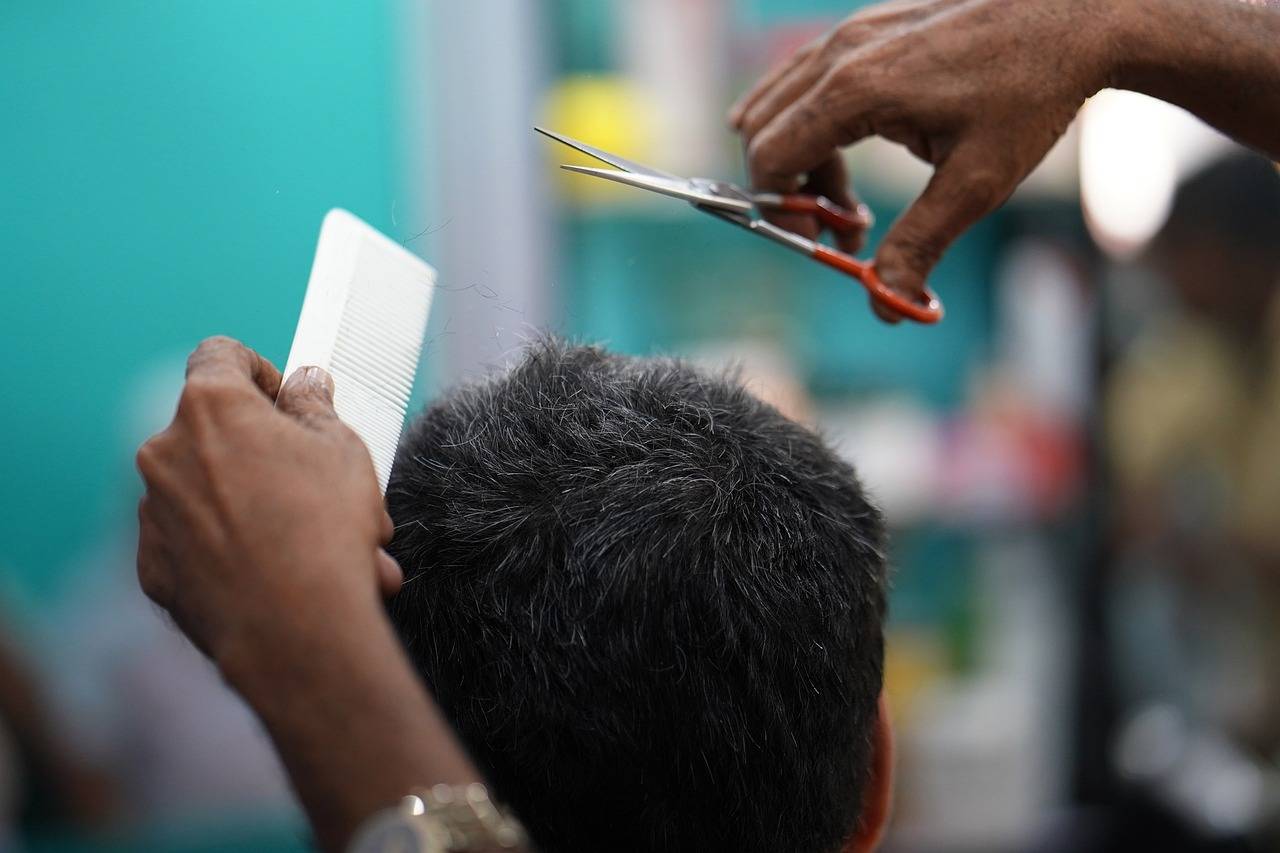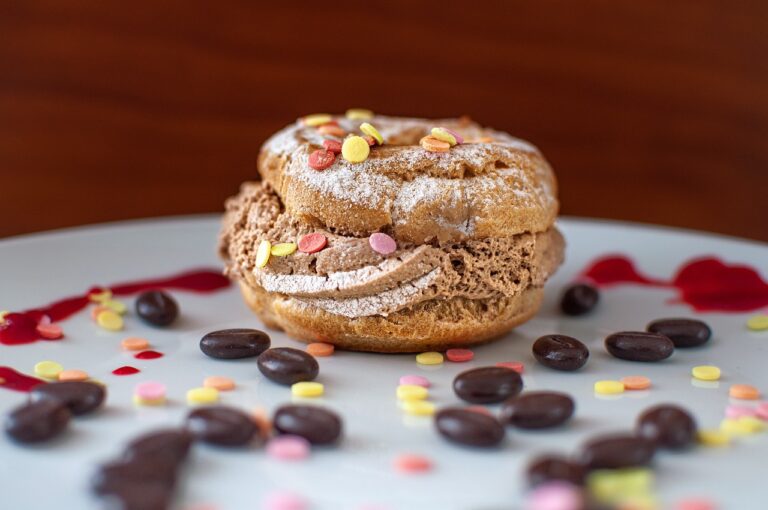The Psychology of Seasonal Shopping: Holiday Edition
During the holiday season, people are often influenced by psychological triggers that prompt them to make purchase decisions. One common trigger is the fear of missing out (FOMO), where individuals are driven to buy products or services in order to keep up with social trends or not feel left out. This fear is often amplified during the holiday season when there are limited-time offers and exclusive deals available.
Another powerful trigger behind holiday sales is the concept of reciprocity, where individuals feel the need to reciprocate when they receive something – whether it be a gift, discount, or special promotion. Retailers capitalize on this by offering free gifts with purchases or running buy-one-get-one promotions during the holidays. This psychological trigger not only encourages immediate sales but also fosters loyalty among customers, creating long-term relationships between consumers and brands.
Impact of Social Media Influences on Holiday Shopping Behavior
When it comes to holiday shopping behavior, social media has become a powerful influencer in the decision-making process of consumers. With the rise of platforms like Instagram, Facebook, and TikTok, individuals are constantly bombarded with targeted ads, influencer promotions, and peer recommendations, all of which can sway their purchasing choices.
The visual nature of social media allows brands to showcase their products in a more engaging and personalized way, creating a sense of desire and FOMO (fear of missing out) among consumers. This heightened sense of urgency can push individuals to make impulse buys or take advantage of limited-time offers, ultimately impacting their holiday shopping decisions.
How does social media influence holiday shopping behavior?
Social media influences holiday shopping behavior by showcasing products, promotions, and reviews to consumers, creating a sense of urgency and FOMO (fear of missing out).
What are some psychological triggers behind holiday sales?
Psychological triggers behind holiday sales include scarcity, social proof, reciprocity, and authority, which can all be amplified through social media influences.
How can businesses leverage social media influences during the holiday season?
Businesses can leverage social media influences during the holiday season by partnering with influencers, running targeted ad campaigns, and engaging with customers through interactive content.
Are there any downsides to social media influences on holiday shopping behavior?
Some downsides to social media influences on holiday shopping behavior include information overload, comparison shopping, and potential for fake reviews or sponsored content.
How can consumers avoid falling into the traps of social media influences during holiday shopping?
Consumers can avoid falling into the traps of social media influences during holiday shopping by doing their own research, setting a budget, and being mindful of their purchasing decisions.





